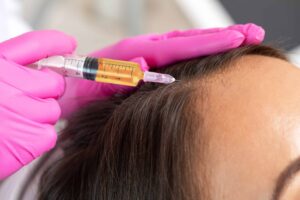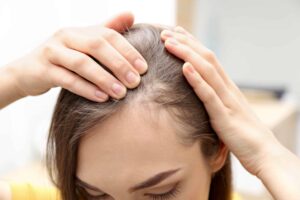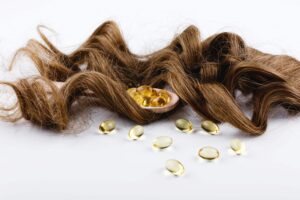
Best Vitamins For Hair Growth: The Definitive Guide
Best Vitamins For Hair Growth: The Definitive Guide Hair loss is a common problem that many people face. It can be embarrassing and frustrating, but there are ways to combat it. In this post, we will discuss the best vitamins









